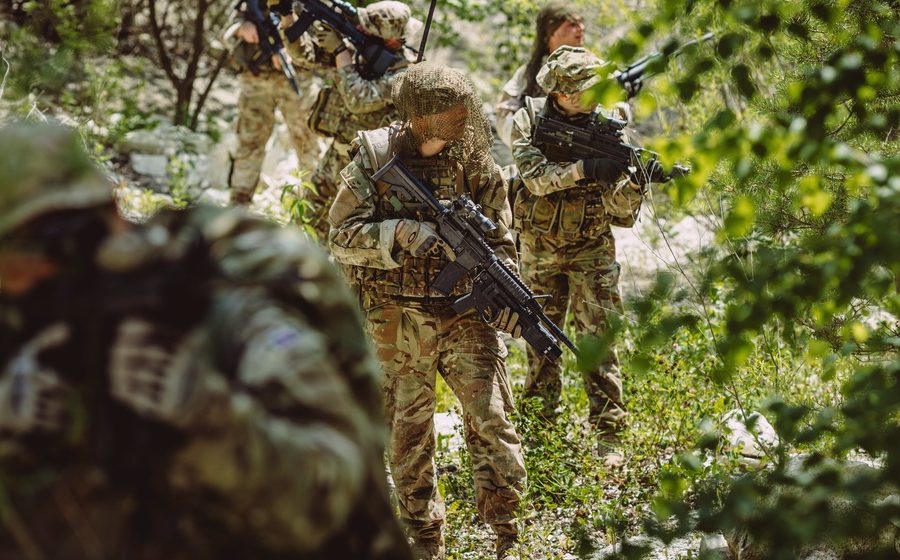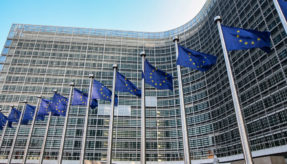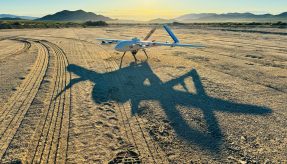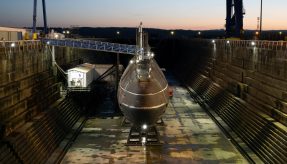
The European Council is to establish military planning and conduct capability (MPCC) within the EU military staff (EUMS). The terms of reference of the EUMS, which is part of the EEAS, have also been amended and approved.
The MPCC will assume command of EU non-executive military missions, currently: EU Training Mission (EUTM) Somalia, EUTM République Centrale Africaine (RCA) and EUTM Mali. The MPCC will be the static, out-of-area command and control structure at the military strategic level, responsible for the operational planning and conduct of non-executive missions, including the building up, launching, sustaining and recovery of European Union forces. This will allow the mission staff in the field to concentrate on the specific activities of their mission, with better support provided from Brussels.
The MPCC improves the crisis management structures of the EU. It will work under the political control and strategic guidance of the Political and Security Committee (PSC), which is composed of EU member states’ ambassadors and is based in Brussels.
The MPCC will be composed initially of up to 25 staff but will also benefit from the support of other departments of the EUMS. The Director General of the EU Military Staff will also be the director of the MPCC. He will exercise command and control over the current three training missions and other possible future non-executive military missions. He will also exercise the responsibilities related to deployment and recovery of the missions as well as overall budgeting, auditing and reporting.
The MPCC will work closely with its existing civilian counterpart, the Civilian Planning and Conduct Capability (CPCC) through a joint support coordination cell. This cell will be able to share expertise, knowledge and best practices on issues relevant to both military and civilian missions, as well as capabilities when civilian and military missions are simultaneously deployed in the same area, including medical support or protective measures.
The High Representative, Federica Mogherini, commented:“The establishment of the MPCC is a very important operational decision to strengthen European defence. It will contribute to make the non-executive European missions more effective and to improve the training of soldiers of partner countries, to guarantee peace and security. This is important not just for our partners, but also for the European Union’s security.”
If you would like to join our community and read more articles like this then please click here







